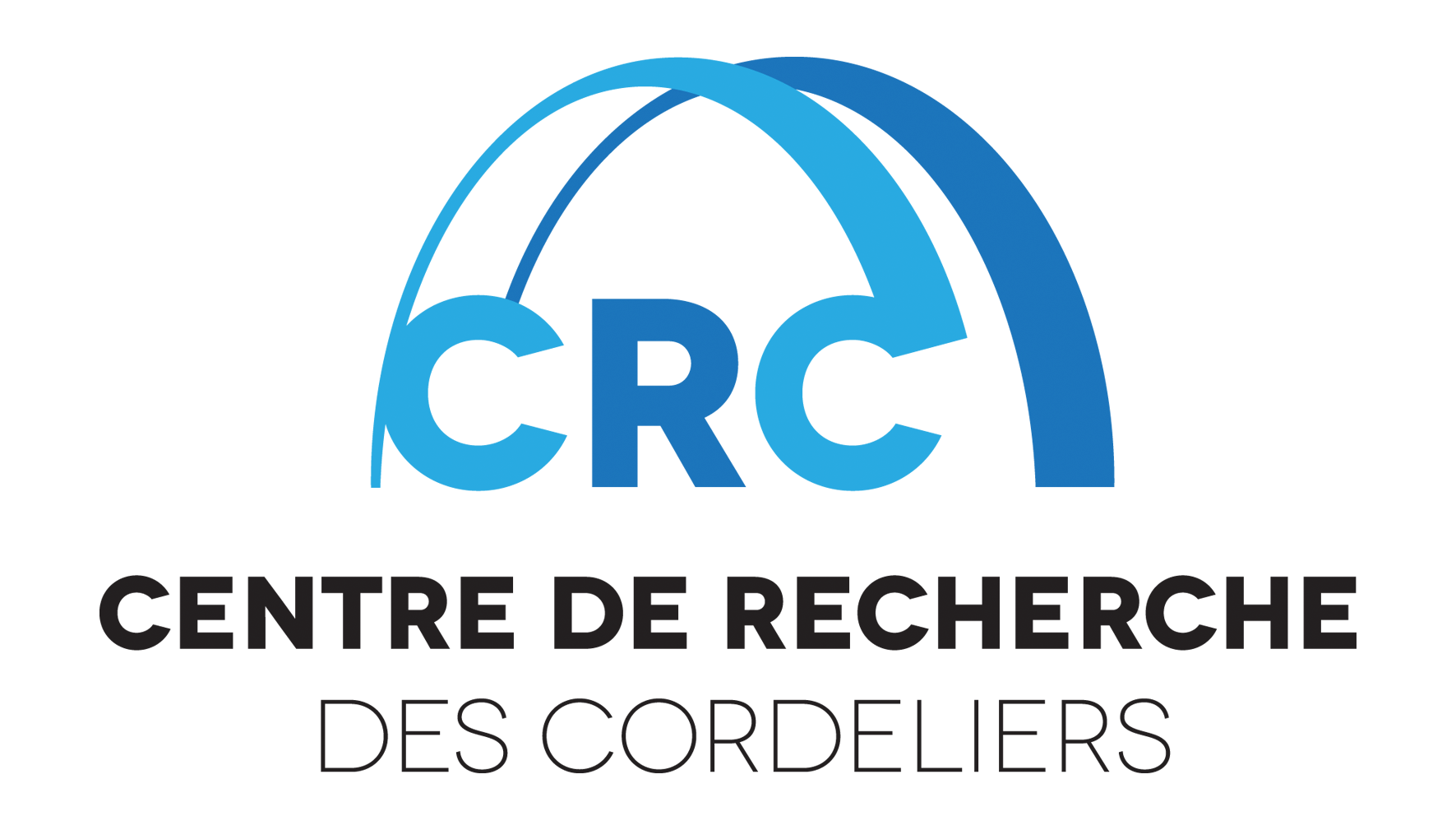By : Marja Jäättelä (University of Copenhagen, Denmark)
Date : Friday 24 November 2023
10:30 AM - 11:30 AM
Place : Amphi Gustave Roussy
Summary: Being originally discovered as cellular recycling bins, lysosomes are today recognized as versatile signaling organelles that control a wide range of cellular functions that are essential not only for the well-being of normal cells but also for malignant transformation and cancer progression. In addition to their core functions in waste disposal and recycling of macromolecules and energy, lysosomes serve as an indispensable support system for malignant phenotype by promoting cell growth, cytoprotective autophagy, drug resistance, pH homeostasis, invasion, metastasis and genomic integrity. On the other hand, malignant transformation reduces the stability of lysosomal membranes rendering cancer cells sensitive to lysosome-dependent cell death. Notably, many clinically approved cationic amphiphilic drugs widely used for the treatment of other diseases accumulate in lysosomes, interfere with their cancer-promoting and cancer-supporting functions and destabilize their membranes thereby opening intriguing possibilities for cancer therapy. Here, I will discuss the emerging evidence that supports the supplementation of current cancer therapies with lysosome-targeting cationic amphiphilic drugs and our new data on their mechanism of action.
Pr. Marja Jäättelä is professor at the University of Copenhagen since 2003 and the director of the Danish Cancer Society Research Center (DCRC) where she heads the team Cell death and metabolism. She has authored 192 peer-reviewed publications, 14 book chapters and 3 international patents. She is a pioneer in the study of lysosome regulation in serious pathologies such as cancer.
All seminars
